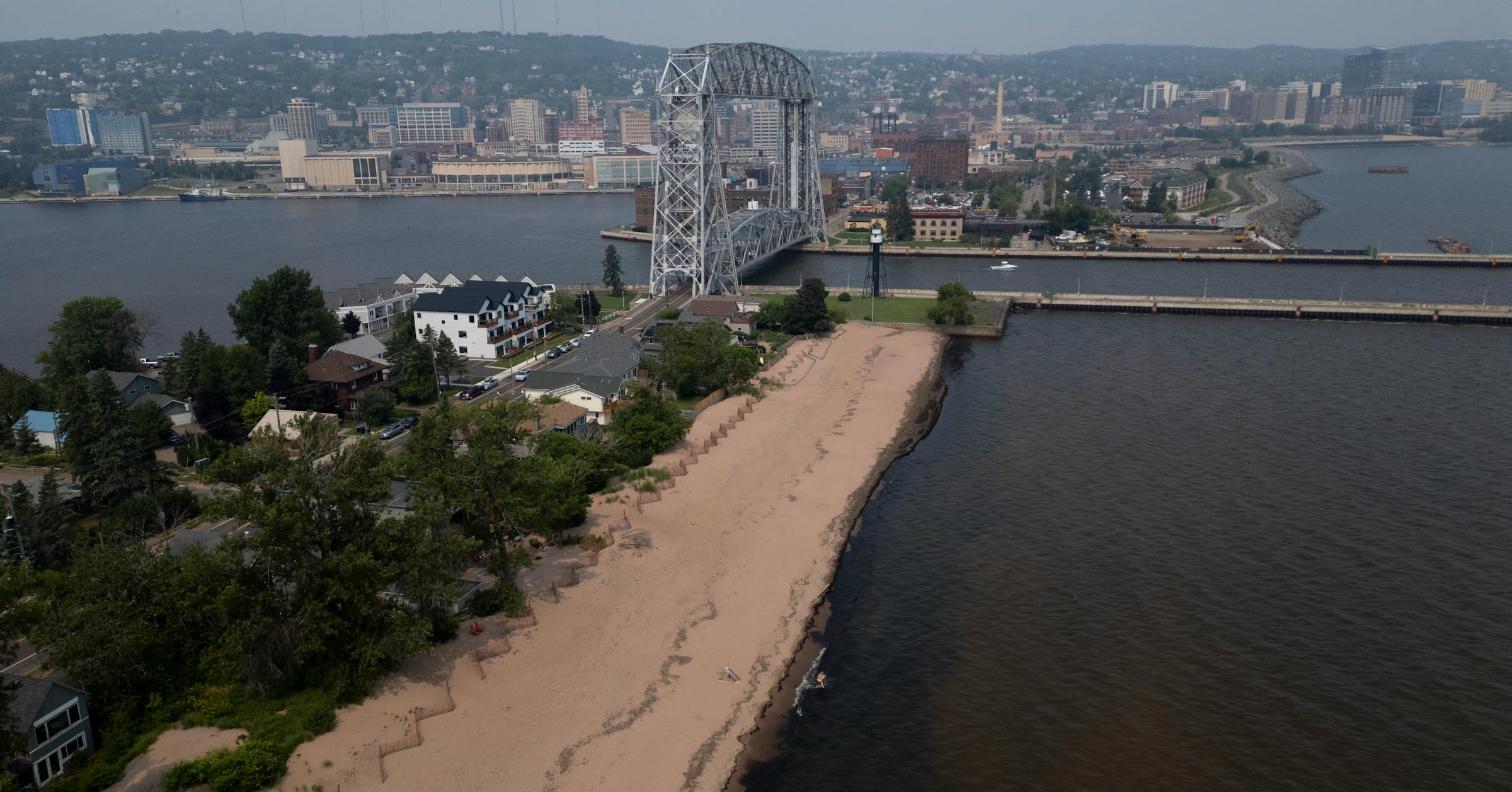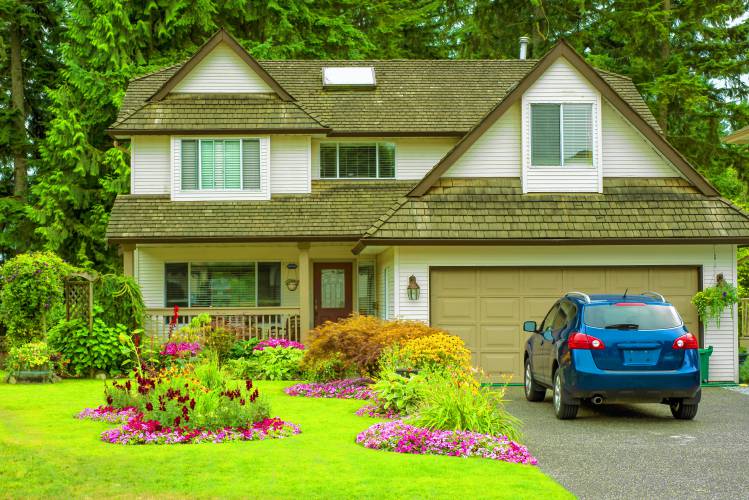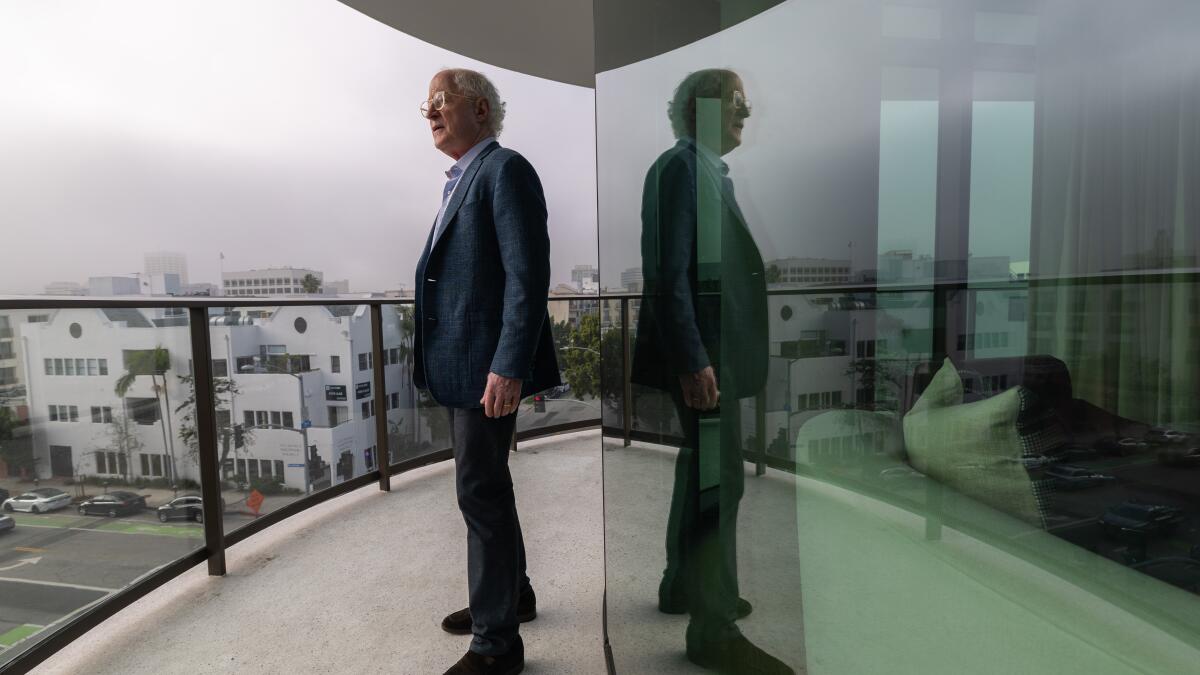D
uluth currently has about 180 city‑issued short‑term rental permits, but online searches reveal several hundred more listings. The Park Point neighborhood hosts the most vacation rentals, with roughly two dozen licensed units and at least a dozen unlicensed ones.
Steve Pitschka and his wife were early adopters of the Park Point model. They applied for and secured four of the limited city licenses, paying thousands in fees and passing costly inspections. Yet they now face competition from “scofflaws” who simply put a sign up and ignore the city’s process. “We follow the rules, and that may force us out of business,” Pitschka said.
The surge in unlicensed rentals and the overall rise of Airbnb and VRBO listings have prompted a city review of vacation‑rental regulations. Duluth is also battling a housing shortage, with record‑high home prices and a dearth of available homes. In the past three years, short‑term rentals in residential areas have nearly doubled, and the city has issued more permits as new housing is built.
City Council is considering a one‑year moratorium on new short‑term, bed‑and‑breakfast, and other vacation‑rental licenses to allow a comprehensive study. The moratorium would let staff examine neighborhood saturation, enforcement challenges, and the impact of unlicensed properties. Other Minnesota jurisdictions—Lake County, Edina, Bloomington, Apple Valley, and Otter Tail County—have enacted similar measures or outright bans.
Ben Van Tassel, Duluth’s director of planning and economic development, notes that each new permit application attracts neighbor scrutiny, especially when a neighborhood’s rental density rises. Enforcement is hampered by the difficulty of locating unlicensed listings online; many lack addresses or photos, and mapping tools are imprecise. Currently, complaints are investigated in the order received.
During a moratorium, Van Tassel proposes streamlining licensing, adjusting limits, and potentially raising fees to fund enforcement. “We need fair enforcement for those who follow the rules,” he said. Duluth’s 2021 rule change allows up to ten new full‑time short‑term permits per year, tied to residential housing growth, with a cap of 120 permits in residential neighborhoods. Permits are awarded by lottery; only about 40 spots remain before the cap is reached, with more than 30 names on the waiting list.
Councilor Roz Randorf, representing downtown and Park Point, supports the moratorium. She warns that unchecked short‑term rentals can erode livable neighborhoods and strain the city’s limited enforcement capacity. Randorf acknowledges the benefits to property owners but stresses that “every third house should not be a vacation rental.”
Airbnb claims to work with Duluth officials to promote responsible hosting and shares local requirements with hosts. The company argues that a moratorium would only hurt responsible residents while limiting family options. Airbnb reports that Minnesota hosts contributed nearly $564 million to the state’s economy last year.
MP50, a grassroots nonprofit focused on a 50‑year resilience plan for Minnesota Point, studies the impact of both licensed and unlicensed rentals. Charlene Roise warns that a tipping point could erode the community’s character. She advocates for dispersing rentals across the city to foster mutual learning between visitors and locals.
Carolyn Kerns, a long‑time Minnesota Point resident surrounded by Airbnbs, appreciates welcoming guests but resents the “extractive” conversion of family homes into rentals by non‑residents. She believes short‑term rentals can benefit communities if managed responsibly, but that is not the current reality.
Permits already in process will not be affected by the moratorium, which the council will vote on at month’s end.














